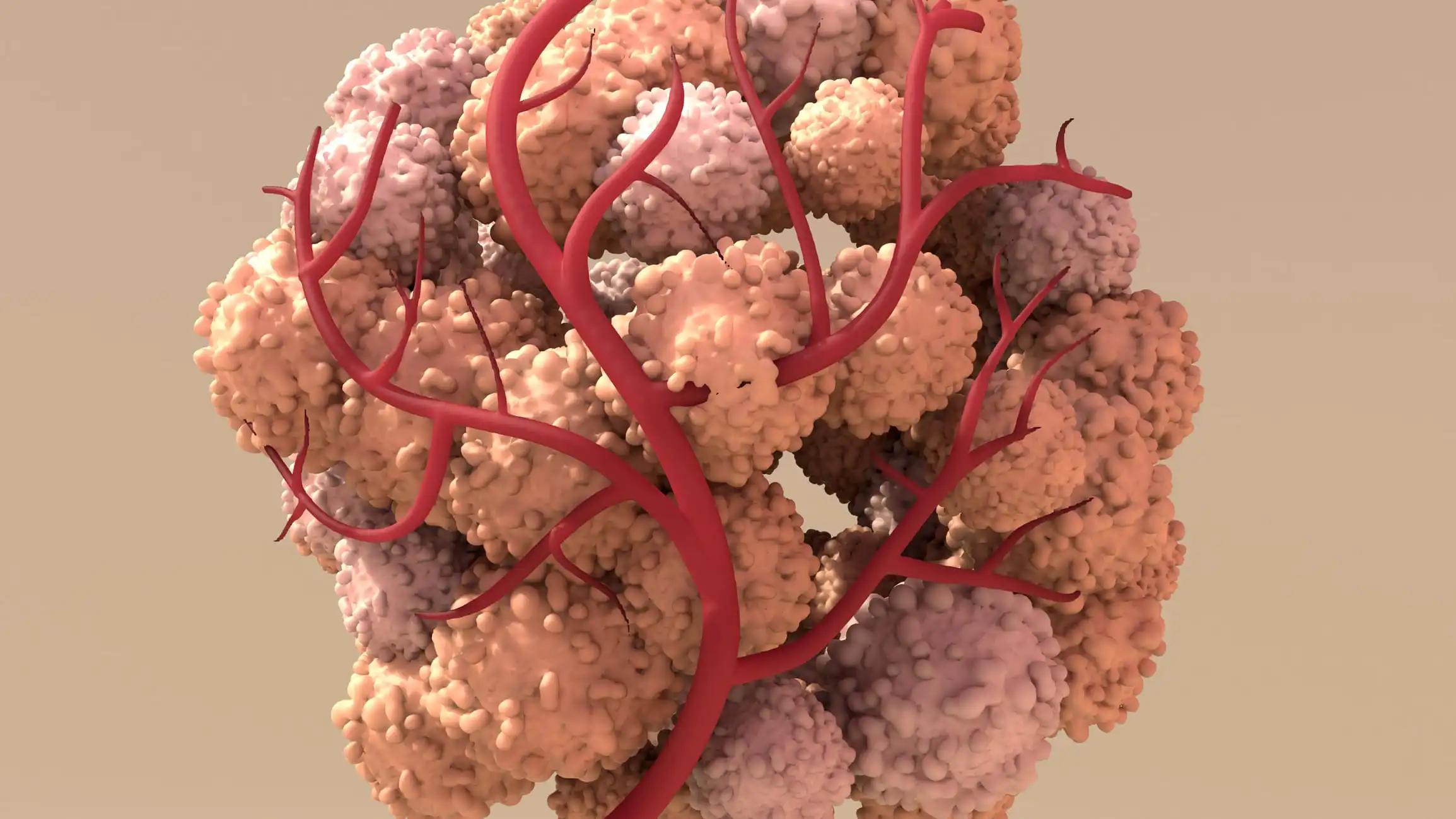KEY TAKEAWAYS
- A phase 3 international, open-label study investigated ide-cel in relapsed and refractory multiple myeloma (RRMM) patients who had received 2-4 previous regimens.
- The trial’s primary endpoint was progression-free survival, and ide-cel therapy significantly prolonged progression-free survival compared with standard regimens.
- The study randomly assigned patients in a 2:1 ratio to receive either ide-cel or one of five standard regimens and safety was assessed.
- Ide-cel demonstrated higher response rates (71% vs. 42%) and increased complete responses (39% vs. 5%).
- Although ide-cel had more grade 3 or 4 adverse events, its efficacy surpassed standard regimens in heavily pretreated multiple myeloma patients.
Patients with relapsed and refractory multiple myeloma (RRMM) exposed to various therapy classes have a poor prognosis. However, idecabtagene violence (ide-cel), a novel chimeric antigen receptor (CAR) T-cell therapy targeting B-cell maturation antigen, has shown promising results in patients with heavily pretreated relapsed patients and multiple refractory myelomas.
Adults with RRMM who had received two to four previous regimens, including immunomodulatory agents, proteasome inhibitors, and daratumumab, were enrolled in an international, open-label, phase 3 trial. Patients were randomized in a 2:1 ratio to receive ide-cel or one of five standard regimens, with the primary endpoint being progression-free survival and critical secondary endpoints being overall response and survival. The ide-cel dosage ranged from 150×106to 450×106 CAR-positive T cells.
Results showed that at the median follow-up of 18.6 months, patients who received ide-cel had a significantly longer median progression-free survival of 13.3 months compared to 4.4 months in the standard-regimen group (Risk ratio for death or illness development, 0.49; 95% confidence interval, 0.38 to 0.65; P<0.001). Additionally, 71% of patients in the ide-cel group had a response, compared to 42% (P<0.001) in the standard-regimen group, with a complete response occurring in 39% and 5%, respectively. Adverse events of grade 3 or 4 were more common in the ide-cel group, but the toxicity was consistent with previous reports.
Ide-cel therapy showed superior efficacy in progression-free survival and overall response compared to standard regimens in heavily pretreated patients with relapsed and refractory multiple myeloma.
Source – https://pubmed.ncbi.nlm.nih.gov/36762851/
Clinical Trial – https://clinicaltrials.gov/ct2/show/NCT03651128
Rodriguez-Otero P, Ailawadhi S, Arnulf B, Patel K, Cavo M, Nooka AK, Manier S, Callander N, Costa LJ, Vij R, Bahlis NJ, Moreau P, Solomon SR, Delforge M, Berdeja J, Truppel-Hartmann A, Yang Z, Favre-Kontula L, Wu F, Piasecki J, Cook M, Giralt S. Ide-cel or Standard Regimens in Relapsed and Refractory Multiple Myeloma. N Engl J Med. 2023 Mar 16;388(11):1002-1014. doi: 10.1056/NEJMoa2213614. Epub 2023 Feb 10. PMID: 36762851.



